
 Instagram
Instagram
Related products
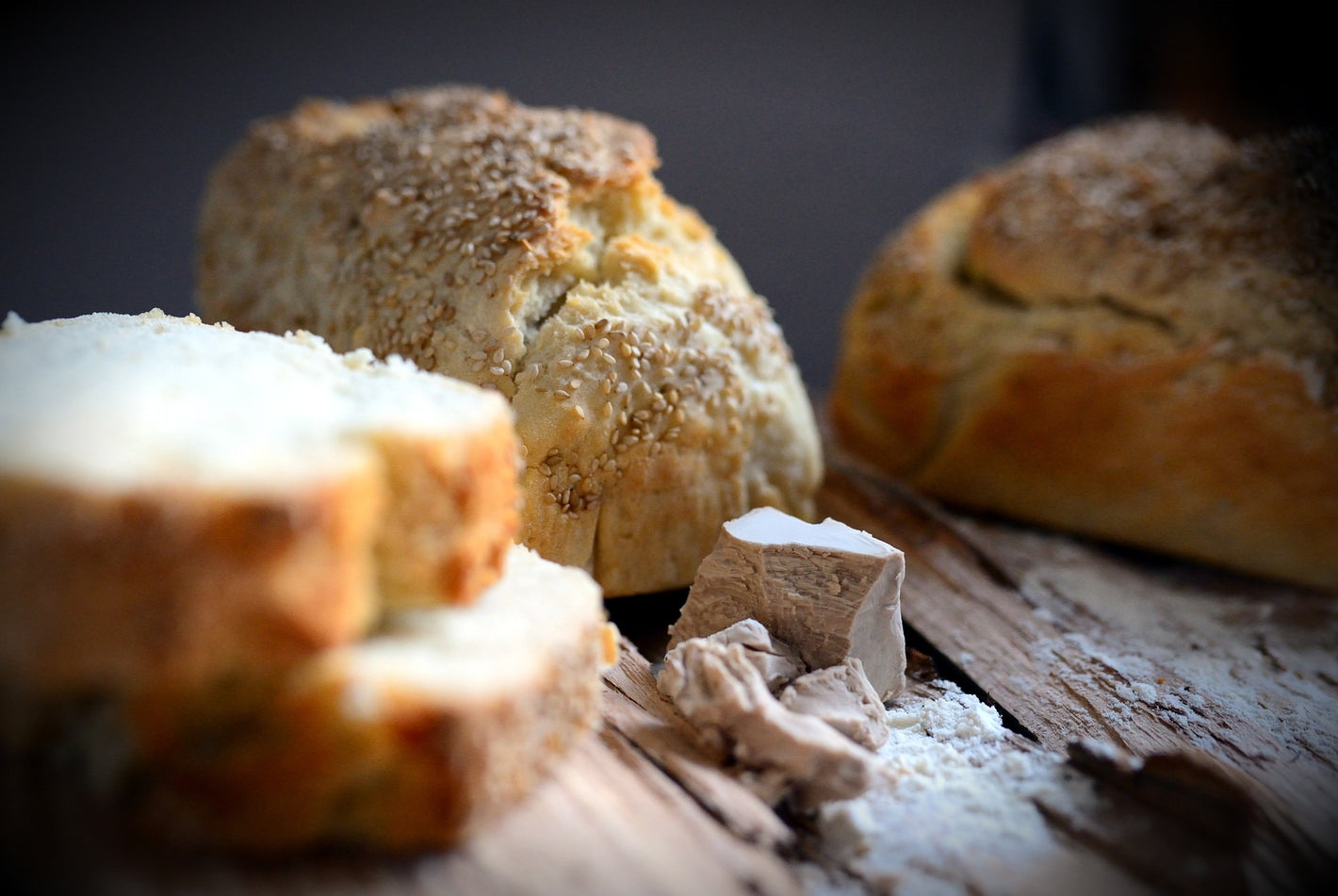
Related products
Yeast extract is a controversial additive in the world of additives manufacturing and flavours. It is found in various products such as sauces, soup, and snacks. It adds a rich taste to the food and enhances its savouring experience. However, the concept of yeast extract in food has undergone many debates and discussions regarding its possible health impacts. In the article below, we will discuss yeast extract in the light of its various aspects to decide if it is safe for intake.

Yeast Extract – What is it?
Yeast extract is the same derivative of yeast that is used in bakery and brewery. It is derived from Saccharomyces cerevisiae and is added for flavour. The process of deriving the yeast extract include active breaking down of the yeast cells and obtain its contents. The contents of this extract are rich in macronutrients such as proteins, vitamins, essential amino acids, and minerals. The cell wall made of β - glucan and chitin also have benefits such as reducing the oxidative stress. The soluble components based on nutrition are transformed into a paste or powder form through concentration processes.
The main component of yeast extract that adds flavour to the final food product is due to its glutamic acid content. This taste is particularly described as umami, which is delightful and savoury to the taste buds.
What is the Nutritional Composition of Yeast Extract?
Yeast extract is packed with essential nutrients. It is rich in B vitamins including B1, B2, B3, B6 and B12. These B vitamins enhance the production of red blood cells, promote energy production, and protect the nervous system tissues from oxidative damages. Yeast extract also contains minerals such as zinc and potassium that are crucial for the physiological metabolisms in our body.

What are the Benefits of consuming Yeast Extract?
The purpose of yeast extract is not only to bless the tastebuds with its umami flavour. It also has certain health benefits that makes it a useful addition to foods. Enlisted below are the benefits of consuming yeast extract.
-
Reduced use of other enhancements
-
Immune System Support
-
Packed with Essential Nutrients
-
Improved Digestion
What are the Drawbacks of consuming Yeast Extract?
It is important to understand the drawbacks of consuming yeast extract and identify its possible side effects. Enlisted below are some of the risks and considerations of incorporating yeast extract in the daily meals.
-
Sensitivity and Allergy
Allergy to yeast extract is a rare occurrence but certainly not to be ignored. The sensitivity and allergy to yeast extract is mainly due to its glutamic acid content. The glutamic acid, or glutamate, often cause aching symptoms such as headache, stomach pains and disturbance in digestion. It is essential to seek advice from a healthcare expert in case such symptoms appear after consuming yeast extract.
-
Used as a Flavourful Mask in foods
Yeast extract is a flavour enhancer that elevates the tasting experience of foods. Unfortunately, this characteristic is often misused by producers of low-quality and processed foods. It is added to such foods to make it taste better and delicious while the food itself is average and not healthy. The flavour of yeast extract makes it difficult for its consumers to differentiate between the hygienic and unhygienic food and go for one that only tastes better.
-
Calories in Yeast Extract
Yeast extract is high on both nutrition and calories. It is an important point for individuals watching their daily caloric intake as it may help them in adjusting its quantity in food.
What is the Food Industrial Use of Yeast Extract?
The flavour enhancing properties of yeast extract makes it a valuable and reliable addition to food on a large scale such as a food industry. Food industries heavily rely on natural flavour enhancers and trusts the ability of yeast extract to do so.

-
Processing and Preserving
Yeast extract is a useful additive in a wide array of foods such as soups, snacks, instant meals and sauces. It is added to processed foods that boosts its flavour. Yeast extract is well-known in the food industries as it makes the food more palatable even after days of its preservation, including frozen foods.
-
Vegetarian Foods
The umami flavour, described as meaty and savoury flavour, is the characteristic of yeast extract. It is added to vegetarian foods to get the delightful meaty taste but without actually consuming any meat. It increases the tasting experience and raises the food quality for vegans and vegetarians.
-
Enhancing the Nutritional Value
Yeast extract is packed with B vitamins and minerals. The nutritional profile of yeast extract makes it an ideal natural flavour that not only elevates the tasting experience but also ensure a healthy and balanced diet. It elevates the nutritional composition of the final food by adding essential vitamins and minerals to protect from the many nutritional deficiencies.
What are some of the Myths surrounding Yeast Extract?
There are many myths surrounding the use of yeast extract in foods that has led to extreme confusion in its consumers. We are here to pop those myth bubbles for you and provide a clear insight on the role of yeast extract as a food additive.

Myth #1 – Yeast Extract and MSG are no different from each other
It is the most common concern regarding the use of yeast extract. As mentioned before, yeast extract contains glutamic acid which is also present in MSG but the glutamic acid in the two have different origins and ultimate roles in our body. Now what is MSG? MSG has been under hot debate by the many regulatory bodies and scientists that it is linked to the Chinese Restaurant Syndrome that causes symptoms of excessive sweating, headache and chest pain after the consumption of MSG-based foods.
Now, the glutamic acid in yeast extract has natural origin whereas that in MSG is synthetic. Additionally, the glutamic acid from yeast extract remains bound to blood proteins after its absorption from the gut. However, the glutamic acid obtained from MSG roams freely in the blood with no bindings and is released into the destination vital organs without any regulation, which may be a potential threat to health. This discussion certainly does not side with yeast extract and corner MSG. Rather, it is a highlighting and evidential discussion on the safe consumption of yeast extract without fearing the possibility of occurrence of the mentioned symptoms. Additionally, it is also important to note that European Food Safety Authority (EFSA) advocates the consumption of both MSG and yeast extract but in moderate consumption that must not threaten the health of its consumers.
Myth #2 – Yeast Extract is a potent allergen that leads to Allergic Reactions
True, but it is rare and only affects certain populations. Cases of allergic reaction to yeast extract consumption have been reported but only in individuals with prior existence of allergies and sensitivity to a list of other routine elements.
It is a rather common observation that an individual experiencing allergic reaction to something is often allergic to other related things as well. For example, a person has food allergies then it is highly likely that this being is also allergic to the yeast extract. The allergy due to yeast extract certainly does not apply to individuals with safe and sound history of sensitivity to certain foods or allergic reactions.
Myth #3 – Yeast Extract is Artificial and Processed
Certainly not. Yeast extract is a natural flavour enhancer that is derived from yeast (Saccharomyces cerevisiae). It is the same yeast used in bread and brews for fermentation and flavouring. Yeast extract is obtained through natural methods that does not include addition of synthetic chemicals or processors. It is not an artificial flavour nor processed. It is healthy and nutritious for food when used in moderation. Its rich taste reduces the heavy reliance on salts (high in sodium) and additional processed flavouring items (unhealthy and high in calories) in foods.
People Also Ask
What are the Dietary Restrictions of Yeast Extract?
Yeast extract is not an unhealthy food additive. However, certain individuals must be cautious regarding its use. Hypertensive individuals must use it in moderation as it is high in sodium that is not advised for individuals with high blood pressure. Similarly, some people explain symptoms of profuse sweating and headache after its consumption that may signify a case of glutamate allergy, these individuals must also limit their intake of yeast extract.
Is yeast extract gluten-free?
Yes, most types of yeast extracts are certainly gluten-free. Adding it to gluten-free dough must bring out delicious bread that is gluten-free as well.
Is yeast extract considered safe for consumption in babies?
Yes, yeast extract is often seen in commercial baby food. It is crucial to understand the ingredients of baby food and consult a healthcare professional if it’s the right food for the little tummies. It is not officially recommended by healthcare experts to incorporate yeast extract in baby food, but if one must wish to add then make sure it is added in minimum quantities to avoid unhealthy outcomes in babies.
Conclusion
Yeast extract is a controversial additive in the world of additives manufacturing and flavours. It is found in various products such as sauces, soup, and snacks. It adds a rich taste to the food and enhances its savouring experience. It is rich in B vitamins including B1, B2, B3, B6 and B12 and minerals such as zinc and potassium. The nutritious content and umami flavour of yeast extract makes it an ideal food additive. It has many health benefits including immune system support and improved gut health. The risks of yeast extract include glutamate sensitivity in a small percentage of its consumers and its high caloric value. Yeast extract is derived from a natural source i.e., yeast. It has many health benefits, and it is advised to be consumed in moderation so that unwanted health outcomes must be avoided.

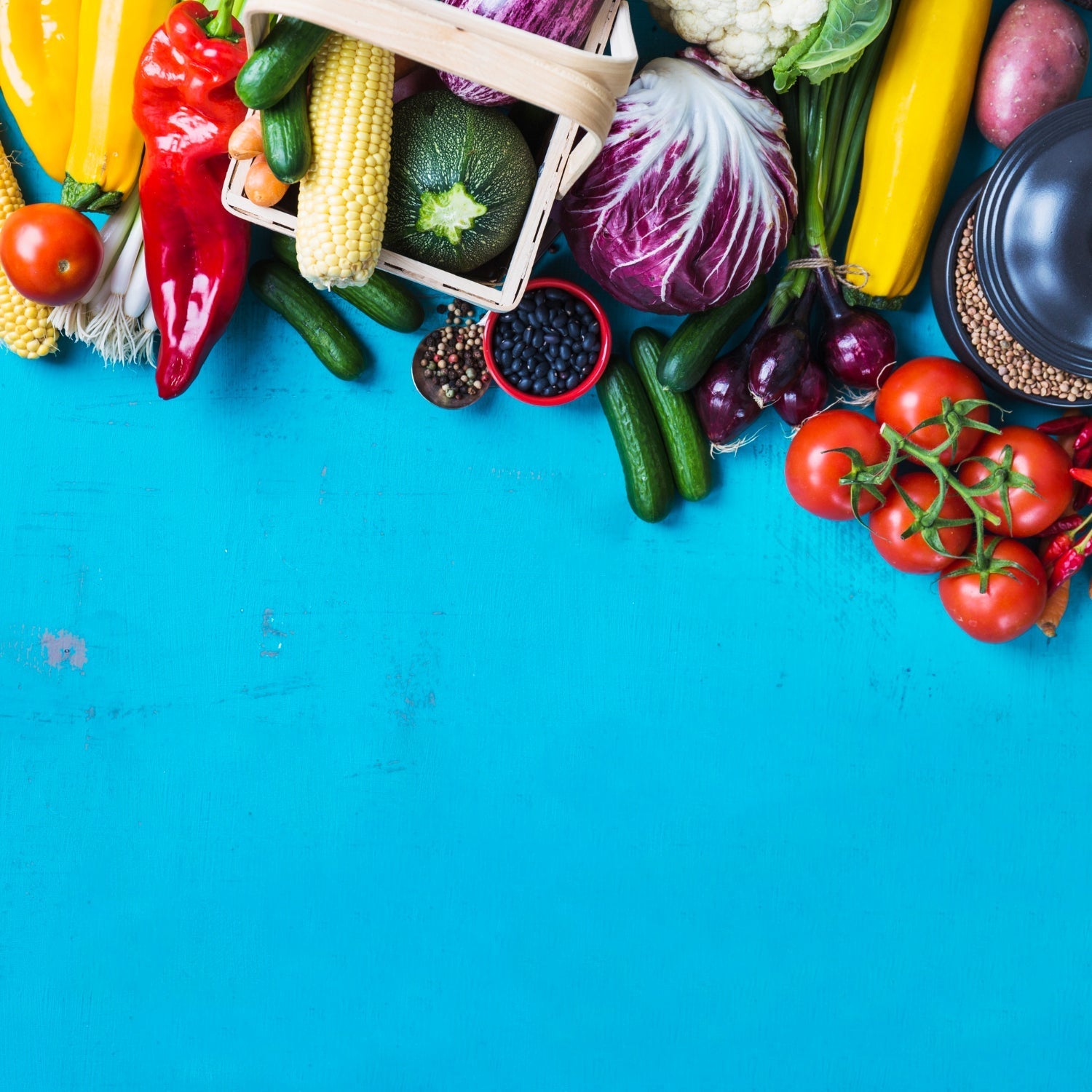

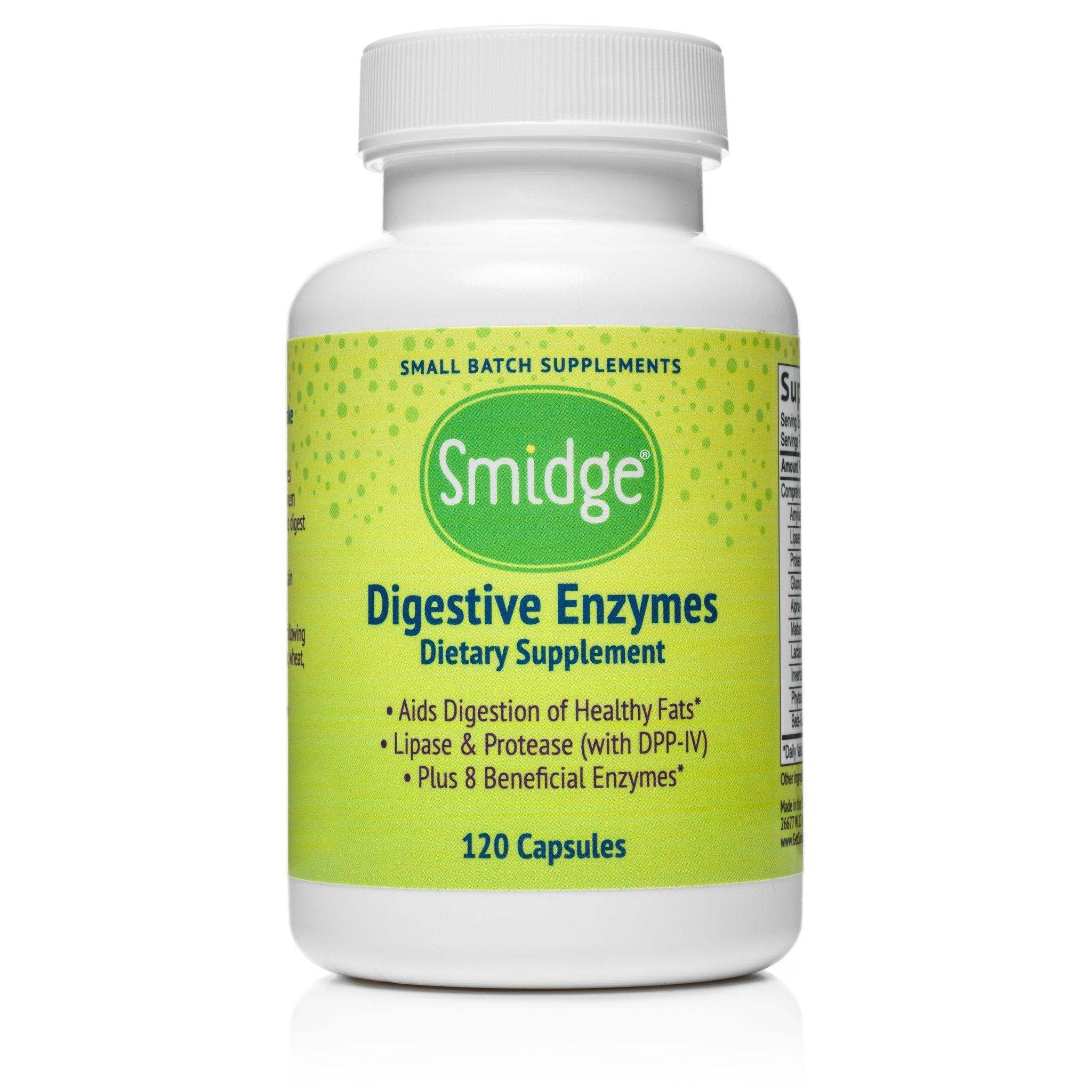
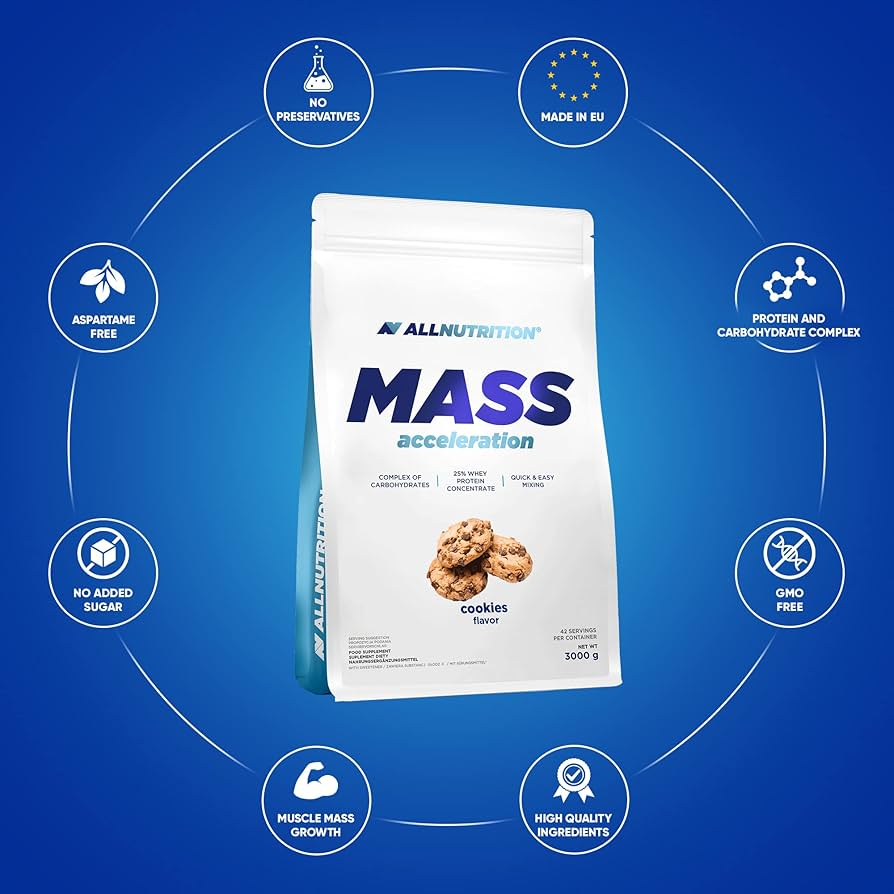
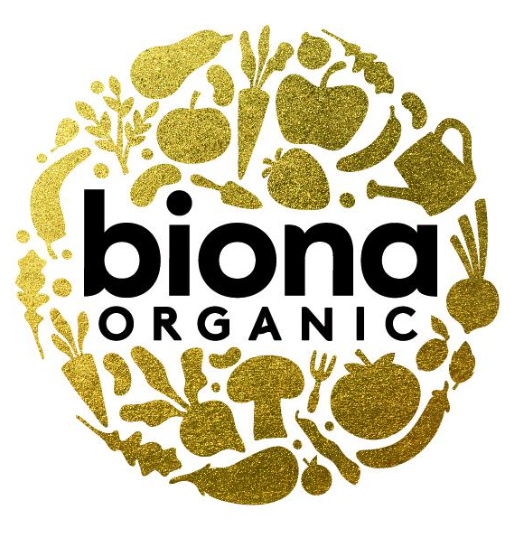





 Rated Excellent by 26,523+ Reviews
Rated Excellent by 26,523+ Reviews